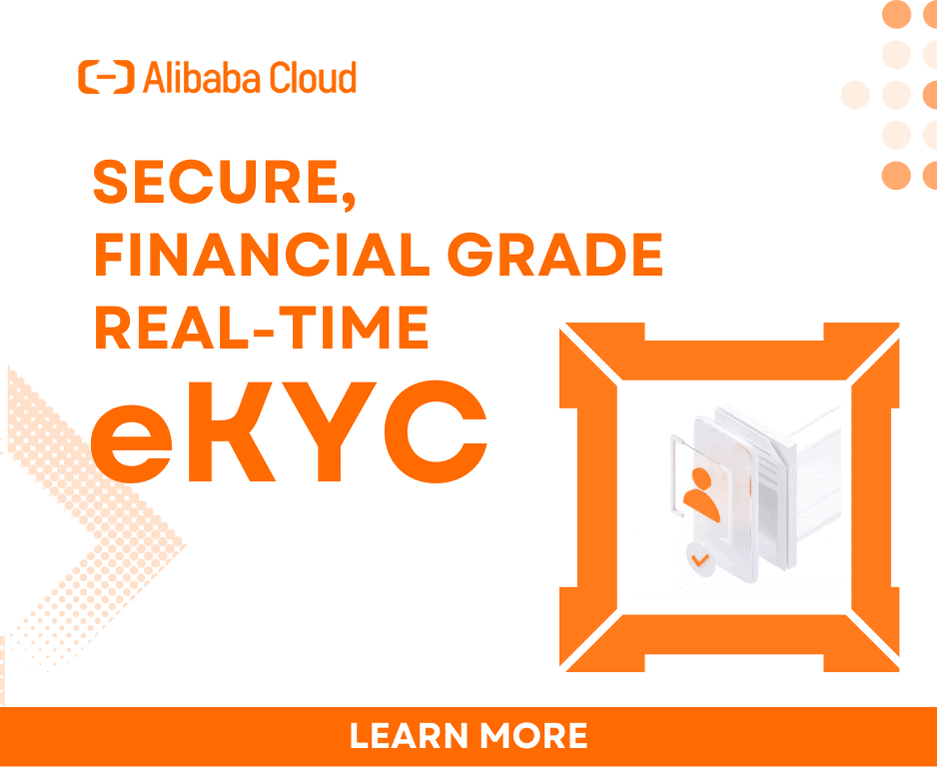
Neobank Zed Unveils “No-Fee” Credit Card in the Philippines
by Fintech News Philippines March 19, 2024Zed, a credit-led neobank, has introduced what is described as the country’s first credit card that will do away with several common charges. This card uniquely features no foreign transaction fees, interest, or annual charges — it is being billed as a “no fee” credit card, and possibly indicating a shift towards more accessible financial services for the financially underserved in the Philippines.
Reflecting a sizable amount of interest, Zed has initiated an early access programme, and according to the bank, has since witnessed over twenty thousand sign-ups in just two weeks.
Founded by Danielle Cojuangco Abraham and Steve Abraham, both alumni of Y Combinator and engineers from Stanford, Zed has secured funding of US$6 million, notably led by Peter Thiel’s Valar Ventures.
This comes at a time when a study by TransUnion Philippines reveals a discrepancy in credit product access among Filipino Gen Zs — a majority see the value of such products for their financial aspirations, yet only a fraction report having sufficient access.
Addressing the challenges that have historically excluded young, high-earning individuals with limited credit histories from obtaining credit cards, Zed aims to redefine the credit card experience in Southeast Asia. With operations based in San Francisco and Manila, there are claims the new neobank is regulated by the Bangko Sentral ng Pilipinas (BSP) and holds a principal membership with Mastercard.
Fintech News Philippines has reached out to Zed to clarify on their regulatory status, and the neobank says it is registered under Zed Philippines, Inc. Zed says it has received provisional approval from the BSP for a Non-Bank Credit Card Issuer license, that allows Zed to issue a limited number of credit cards under a Pilot. As a card issuer, it will be required to report payment history, both positive and negative, to credit bureaus like the CIC and Transunion.
Zed’s offering includes several features intended for daily use, travel, utilities, and beyond, such as the absence of hidden charges for international use, a zero-interest policy on purchases for up to 31 days, and an advanced app providing real-time transaction oversight and security features like card freezing. The option to create unlimited virtual cards for secure online transactions further distinguishes its service.

Danielle Cojuangco Abraham
Danielle Cojuangco Abraham, reflecting on the launch, stated,
“Launching Zed is something very personal to me, and I am thrilled to come home after 15 years in Silicon Valley to build a game-changing product for Filipinos.”
She highlighted the existing frustrations within the Filipino financial services sector, citing “complexity, lack of transparency, and bureaucracy” as significant barriers.

Steve Abraham
Steve Abraham added to this, underscoring the foundational principle of their venture:
“We started Zed on the premise that you could build a bank where the success of the customer and the success of the bank were fully aligned.” This perspective critiques the conventional banking model, which profits from customer setbacks, such as unintended balance revolving.
As Zed prepares for the selective release of its cards, it is continuing to invite registrations for its waitlist.
Featured image credit: Edited from Zed








